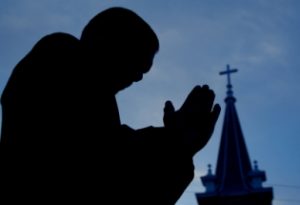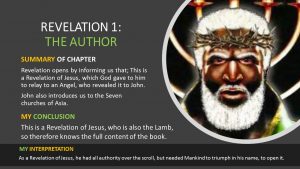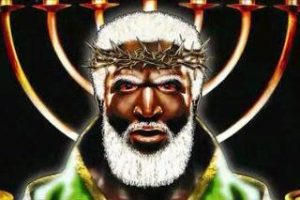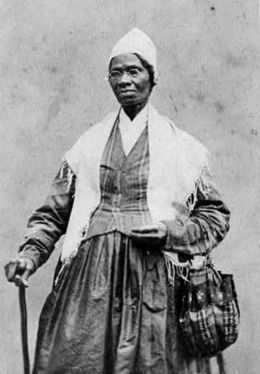
A Temple Guardian & Holder of A Lamp:
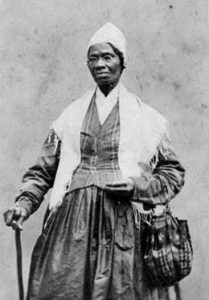
The Right Honourable Deaconess, Sojourner Truth
Sojourner Truth was born Isabella (Belle) Baumfree in 1797 and ascended in peace on November 26th, 1883. Truth was born into slavery in Swartekill, Ulster County, New York, but escaped with her infant daughter to freedom in 1826.
She later said;
"I did not run off, for I thought that wicked, but I walked off, believing that to be all right”.
After going to court to recover her son Peter, in 1828 she became the first black woman to win such a case against a white man. Truth had a life-changing religious experience whilst living with the Van Wagenens, Christians who had helped her win back her son Peter. She then became a devout Christian. In 1829 she moved with her son Peter to New York City and in 1843 Sojourner became a Methodist, subsequently on June 1st, changing her name to Sojourner Truth. She told friends:"The Spirit calls me, and I must go" and left to make her way travelling and preaching about the abolition of slavery.
After she gave herself the name Sojourner Truth, she became convinced that God had called her to leave the city and go into the countryside "testifying the hope that was in her". Her best-known speech was delivered extemporaneously, in 1851, at the Ohio Women's Rights Convention in Akron, Ohio. The speech became widely known during the Civil War by the title "Ain't I a Woman?,". For us this speech offers and represents another example of how, the Bible, Gospel and Christ, when perceived and internalised, by oppressed people, namely P.R.O.A.D. compels them to stand up, not only for their own rights, but for those of their fellow sufferers.
Below is a small extract, from this speech, presented in its original context and language that enables us to see just how, this remarkable Mother of Truth, interpreted Christianity not only for the benefit of African people, but all women generally.
She asked;
I have borne thirteen chilern,
and seen 'em mos' all sold off to slavery,
and when I cried out with my mother's grief,
none but Jesus heard me!
And a'n't I a woman?
"Den dat little man in black dar,
he say women can't have as much rights as men,
'cause Christ wan't a woman!
Whar did your Christ come from?
From God and a woman! Man had nothin' to do wid Him."
The Credentials and Significance:
She found in the Gospel the guidance, inspiration and strength to liberate herself and her children from slavery, then devoted her life to speaking and raise people’s awareness about the Truth, which at that time; was the ungodly, unchristian-like true horrors of chattel slavery, authorised, condoned and even legitimised by so called Christians. Her Truth and the Truth cannot then or now, be the same truth that was propagated to keep African’s in bondage and slavery. Therefore another clear example of a African-Centred interpretation of the Holy Gospel.




